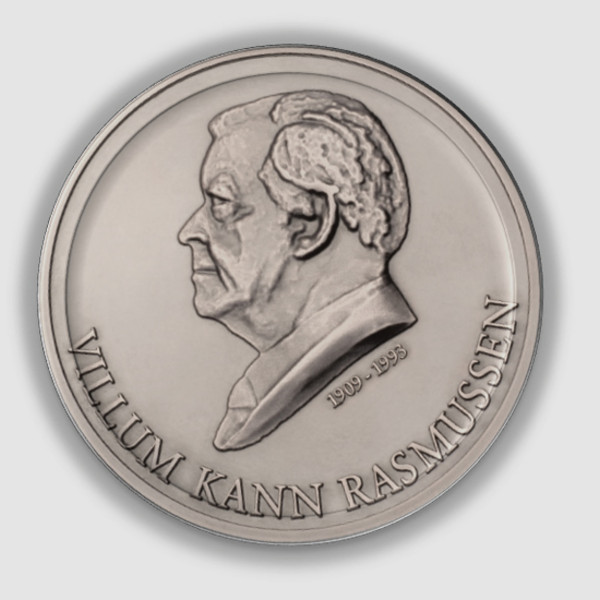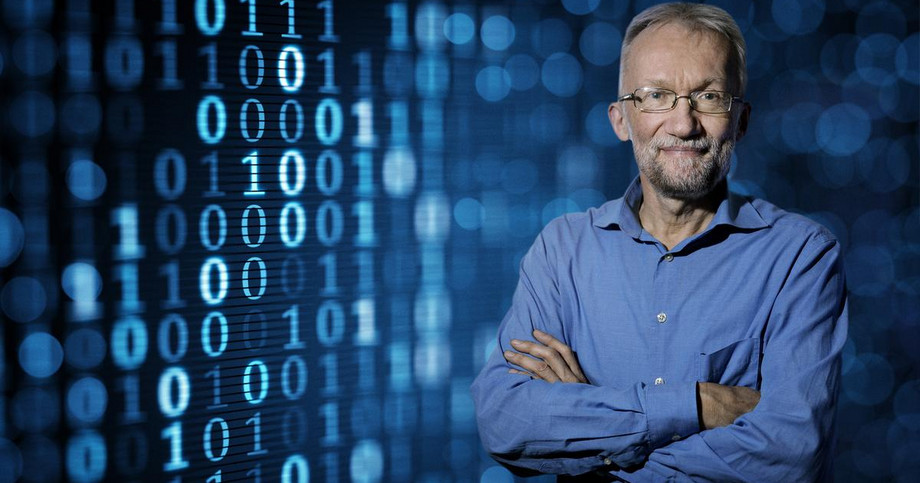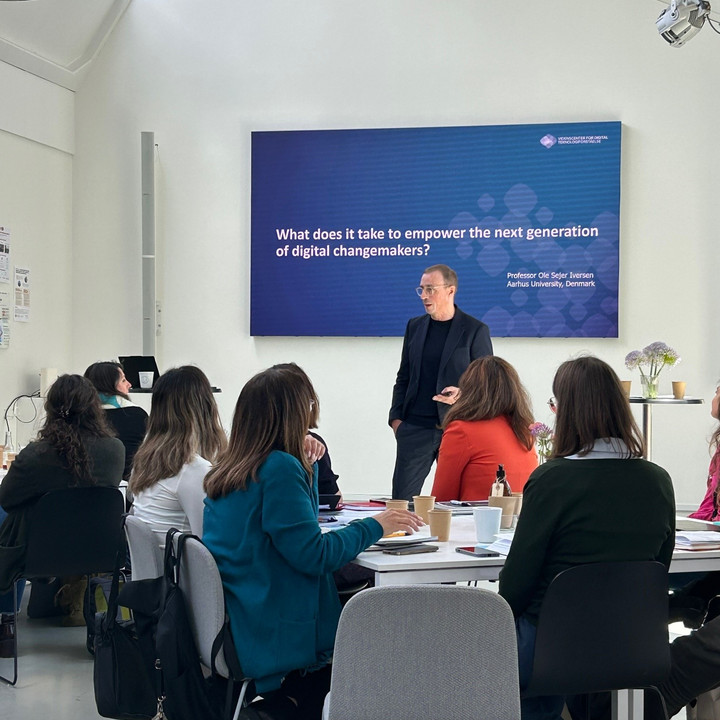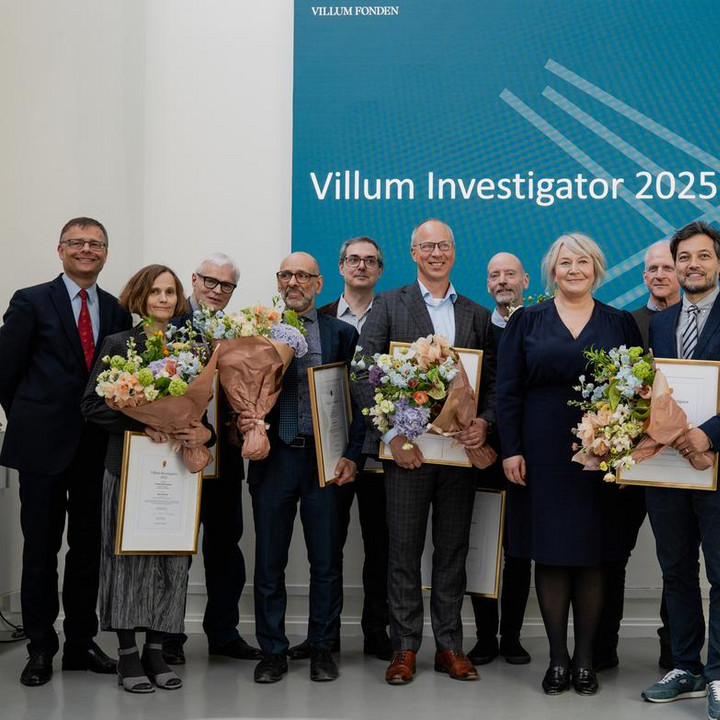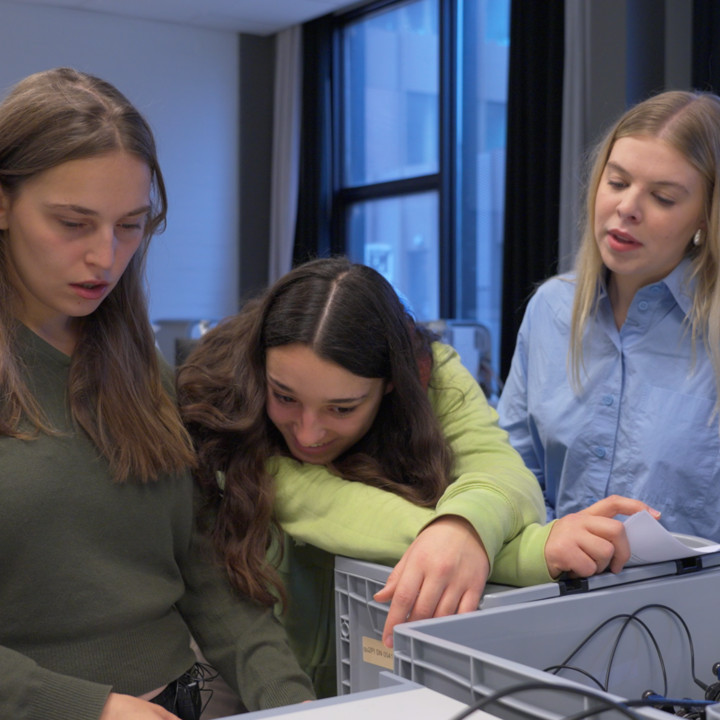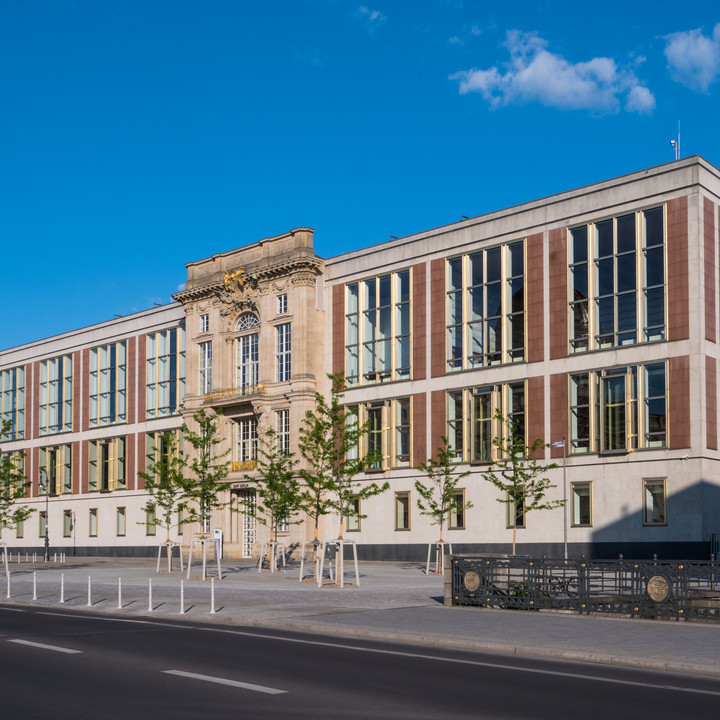Professor and pioneer receives the Annual Award
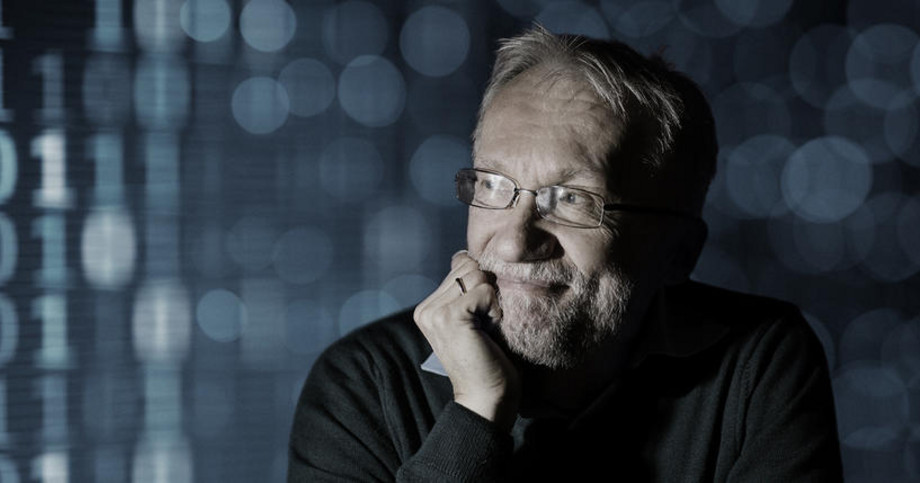
22 January 2018
Professor in cryptography Ivan Bjerre Damgård, of the Department of Computer Science at Aarhus University, is this year’s recipient of the Villum Kann Rasmussen Annual Award in Science and Technology of DKK 5 million.
The Selection Committee of the Villum Kann Rasmussen Annual Award in Science and Technology acknowledges that Ivan Bjerre Damgård has established himself as one of the world’s leading and most influential researchers in his field: computer science, cryptography and data security.
His research is characterised by a remarkable breadth and a high degree of originality and has had a significant impact on cryptographic research worldwide. Ivan Damgård's research has contributed to the fact that cryptography is a flourishing and fast-growing discipline in computer science.
With a clear vision for the future of cryptography, Professor Damgård has also established a highly prominent and successful research group at Aarhus University that is considered to be one of the strongest cryptography groups in Europe.
About IVAN DAMGÅRD
- Age 61
- Professor, Department of Computer Science, Aarhus University
- PhD, Aarhus University, 1988
- Guest researcher, Centrum Wiskunde & Informatica (CWI), Amsterdam
- Fellow, International Association for Cryptologic Research(IARC), 2010
- Recipient, ERC Advanced Grant, 2014
- Co-founder, Cryptomathic, Partisia and Sepior
- Member, ‘Danmarks Rigsspillemænd’, national fiddlers, 2014
- Recipient, Danish Music Award, composer of the year, folk music, 2007
- Father of two
- Resides in Aarhus
The Selection Committee also emphasises that more of Ivan Damgård's articles on and his research in, among other things, Multiparty Computation has fundamentally changed the research field and set the standard for secure storage and processing of data.
"It's a huge pat on the back to receive this award. I was rather speechless when I got the news. Afterwards, I thought that it may not have seemed like I was very happy, but I just got quiet because, with this award, you know that it is an award from people who appreciate the research. People who have selected you based on the reviews of your research. It is a great honor. Essentially, the grant gives you the freedom to act. Now I know that I can continue my research for several years with a group that has a critical mass", says Ivan Damgård.
Outstanding research driven by curiosityChair of VILLUM FONDEN's board Jens Kann-Rasmussen is pleased to honor Ivan Damgård with the annual award on behalf of VILLUM FONDEN :
"VILLUM FONDEN is excited to honor outstanding and curious researchers like Ivan Damgård, who has demonstrated the importance of excellent research with an impressive perseverance. Ivan’s research has laid the groundwork for solutions that can provide the data security we increasingly depend on", says Jens Kann-Rasmussen.
From theory to revolution
The seed for his research was planted more than 30 years ago with the successful completion of a theoretical exercise. While the results of his research were of interest on a theoretical level, it was not immediately applicable. The results of his work showed how individual computers could be linked in what is known as a multiparty computation system. Any data transferred to the closed system can be securely stored and processed.
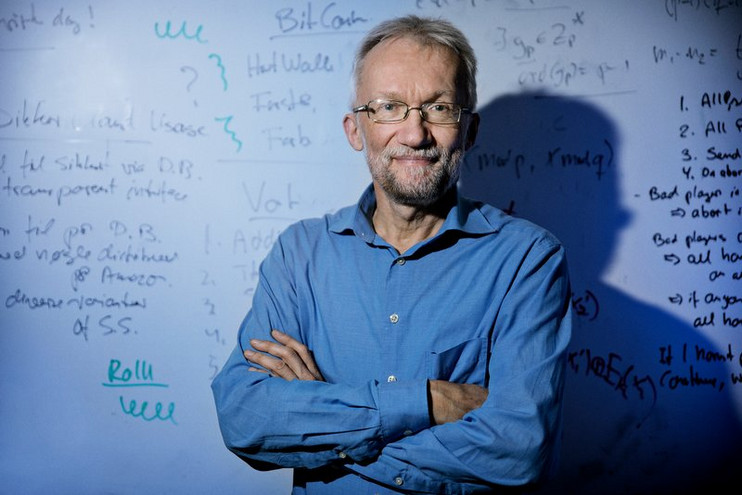
"Multiparty Computation enables a network of computers to work together as a single computer. Together, the computers are more secure than each one is on its own", professor Damgård explains.
As it turned out, it would take more than 20 years until it became possible to transform theory into practical application.
"The theory of Multiparty Computation was once considered wild and unorthodox – then it became a theory, which is now a revolution and we are still working to utilise its opportunities", says Ivan Damgård.
Since the mid 00's, the research has really gained momentum.
”In today’s interconnected world, the need for systems of the sort the theory describes – systems that can safely process huge amounts of secure data – is enormous. Applications range from auctions – where bidders want to keep their identity unknown to other potential buyers – to the electrical grid – where producers want to keep their information secret from their competitors, while at the same time allowing it to be processed with other producers’ data in order to be able to come up with accurate industry-wide statistics that can be used for benchmarking purposes, “says Ivan Damgård and concludes:
"It has been very important to me to constantly maintain the theoretical trace - as one of the most productive places to be as a researcher is in the symbiosis between basic research and the applied research. With this grant, we have the freedom to pursue our ideas and we constantly think of new ideas".
Watch a video portrait here
Facts
Cryptography refers to the art of communicating safely over unsafe channels and deals with the methods of encoding and decoding a document so that it becomes unavailable to unauthorized persons without the knowledge of a secret key. Encryption is the name of the process/use of cryptography. Cryptology is the teaching of cryptographic methods and systems and the assessment of their security. Cryptology is therefore a broader term than cryptography.
Multiparty Computation (MPC) is a technology that can protect confidential data in a system where individual computers are linked in a shared network. In the shared network, you can store and process the data with high security. At the same time, you can control precisely how much information about the data and yourself that is being revealed to others users, in other words, you can limit access to specific numbers and results. This will allow you to share data confidentially so that only the result of the calculations is shared - and not the input each user has delivered to the system. The system is used, for example, at auctions where you cannot see all the bids or how much people have bidden but only the final bid.

The Annual Award in recognition of a particularly valuable contribution
The Villum Kann Rasmussen Annual Award in Science and Technology is presented once a year in recognition of a particularly valuable contribution to the technical and natural sciences. The first award was presented by VILLUM FONDEN in 1987. The award is DKK 5 million, of which DKK 500,000 is a personal honorary award to the recipient.
